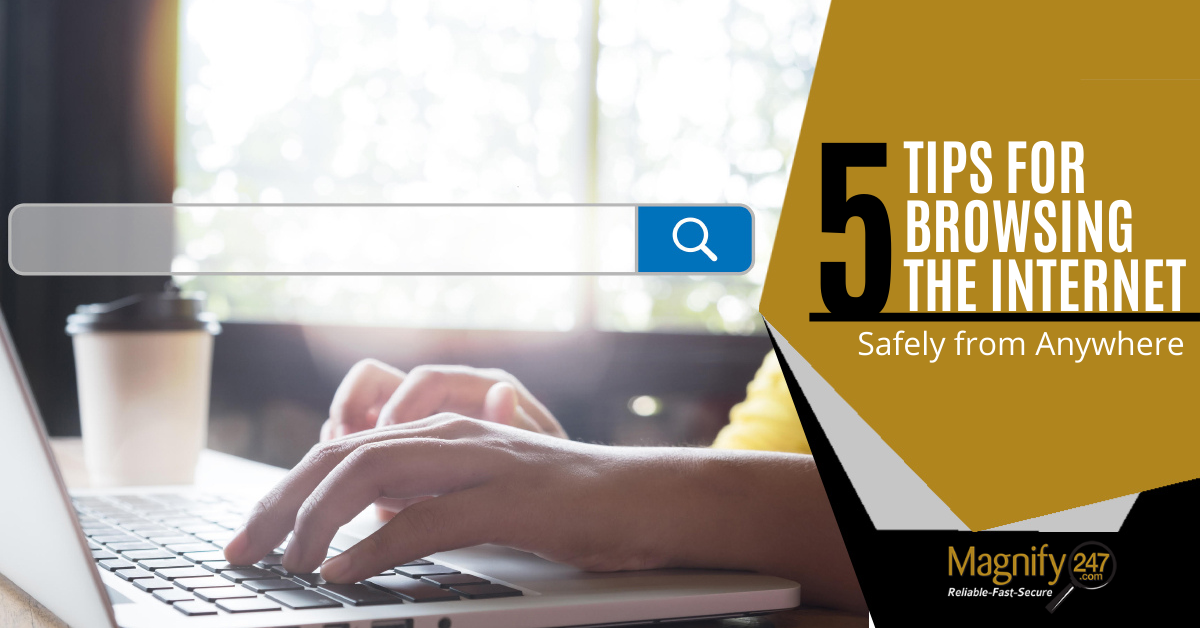
The internet has gone from a convenience to a necessity for most homes and small businesses. It’s used for everything from researching schoolwork to doing online banking. Some countries, like Finland, have even declared internet access a legal right for every citizen.
watch the video > https://youtu.be/luRHf2yg7iU
But going online is just like walking the streets of a big city, you can find a lot of wonderful things out there, and you can also run into big trouble. Viruses, ransomware and other malware are just some of the threats lurking on innocent looking websites, waiting to do a drive-by download onto your computer.
Some disturbing facts related to home internet security include:
- 40% of households are impacted by computer viruses
- 8 million homes have had spyware with in the past 6 months
- 1 million households have lost money or had accounts compromised due to phishing attacks
Small businesses also have their fair share of dangers to navigate when browsing the internet. 62% of simulated phishing attacks are able to score at least one set of user login credentials.
Due to the necessity of keeping their data and devices secure, many small and medium sized companies rely on continuous monitoring through managed IT services. But unfortunately, too many are unprotected when it comes to internet security.
If you’ve been looking for ways to keep your family or employees safer when they’re browsing online, no matter where they’re connecting from, read on for tips on securing your online connections.
Use These Tips for Safer Online Connections
We use more internet connected devices today than ever before in our homes and offices, which makes internet security all the more challenging. Our internet browsing now takes place on smartphones, wearables, and via voice-activated speakers like Amazon Echo, and these are all potential entry points for a hacker or malware if you’re not properly protected.
By 2022 each person is expected to have 13.6 internet connected devices.
By following some best practices when it comes to your online security, you can enjoy the internet more safely with less chance of being infected with malware while online.
Use a Virtual Private Network (VPN)
VPN’s are a secure and encrypted portal that you use to connect to the internet. It keeps your traffic and IP address secure from any potential hackers.
There are both home VPNs and business-class VPNs that can be used to connect securely to any company resources. A big advantage of using a VPN to connect to the internet is that it can be used from any location, PC or mobile device. So, it allows you to use the internet safely even when you’re connected to a public Wi-Fi.
Use a Software with Web Protection
There are many antivirus and anti-malware programs out there, but not all of them protect you from malicious websites and help block potential downloads of malware.
Using an anti-malware program with web/internet protection makes it much more difficult to fall victim to a malicious website link. Phishing attacks use hyperlinks more than file attachments to trap victims and if a person unknowingly clicks on one of those links, a software with web protection will block the website and alert the user to the danger.
Ensure Your Router is Protected
Your home or office wireless router is the place that all your devices are connecting when onsite, so you want to ensure it’s properly protected by following these security protocols:
- Keep your router updated regularly
- Change the network name & password from the defaults
- Use a strong router password with a mixture of letters, numbers, symbols
- Don’t share your Wi-Fi password
- Set up a guest Wi-Fi if you need to grant access to others outside your family or staff
Pay Attention to Mobile and Smart Device Security
People often pay more attention to the security of internet browsing while on a desktop than they do on a smartphone. And when it comes to smart devices, like smart thermostats of smart speakers, they’re often left out completely when it comes to internet security strategies.
You want to ensure you’re using anti-malware/antivirus software designed for mobile devices to keep them safe and also using best security practices on smart devices (similar to the security practices for routers).
Upgrade to a Wi-Fi 6 Router
The new wireless security standard, WPA3, was released along with the new Wi-Fi 6 routers in the fall of 2019. This standard is a major upgrade when it comes to the security of your wireless connection adding mechanisms that make it much harder for hackers to crack a router password using automated software or spy on your activity.
These routers are now widely available and are definitely worth the upgrade for their advanced security features to keep you safer online.
Get Web Protection Free to Try for 30 Days
Magnify247.com works with the top-rated anti-malware and web protection software you can find. Emsisoft offers features such as real-time file guard and protects you while you’re browsing online.






